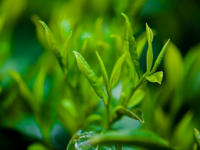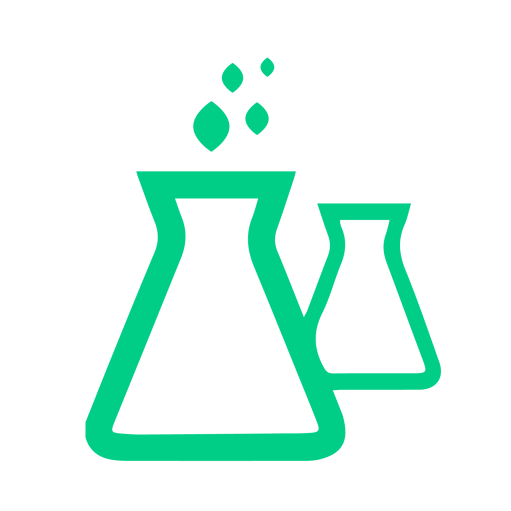
Green tea extract is a natural nutrient with a wide range of applications. It is extracted from green tea and is used in the fields of health supplements, cosmetics, and food products.
What Beneficial Components Does Green Tea Contain?
Green tea extract, derived from the active ingredients of Camellia sinensis tea leaves, consists mainly of tea polyphenols, Vitamins, and Theanine. It is widely known for its strong antioxidants that are beneficial in eliminating free radicals, inhibiting oxidation reactions, and delaying cellular aging.
Among these components, tea polyphenols are the major active constituents in tea leaves. It is a generic term for catechins, flavonoids, anthocyanins, and phenolic acids.
Furthermore, other components like tea polysaccharides, theaflavins, and caffeine are also contained in green tea, possessing a wide range of bioactivities including anti-inflammatory, anti-tumor, blood pressure-lowering, and lipid-reducing effects.

Green Tea Has Superior Antioxidant Properties Compared to Other Teas
Green tea extract is rich in chlorophyll, antioxidants, and polyphenols. Out of these, polyphenolic antioxidants are the most representative compounds in green tea extract, represented by catechins. Especially, Epigallocatechin Gallate (EGCG) shows a powerful activity as an antioxidant and free radical scavenger and imparts several health-related benefits.
Studies indicate that the intake of green tea extract in moderation increases antioxidant capacity in the body and helps avoid numerous health issues caused due to oxidative stress.
Wide Uses of Green Tea Extract
Catechins, particularly EGCG, are one of the most representative polyphenols in green tea. EGCG, as the primary catechin in green tea, is believed to provide multiple health benefits, including protecting and repairing cells, supporting heart health, improving oral health, and aiding in weight management.
1. Food and Beverage Industry
Green tea extract, as an antioxidant and anti-inflammatory ingredient, is added to energy bars, functional beverages, and cereal-based foods to enhance their health benefits. Additionally, its antioxidant properties are used to extend the shelf life of foods, such as preventing oxidation in oils and fats.
2. Health Supplements Industry
Green tea extract is widely used in anti-aging and immunity-boosting health products. For instance, catechins are often incorporated into weight loss products to promote metabolism and fat burning. Green tea extract also helps lower cholesterol levels and protect the heart, making it a key component in cardiovascular health products.
3. Cosmetics and Personal Care
Due to its antioxidant and anti-inflammatory properties, green tea extract is widely used in anti-aging creams, sunscreens, acne treatments, and repair-focused skincare products. Furthermore, its antioxidant and antibacterial effects improve scalp health, reduce dandruff, and protect hair.
Side Effects of Green Tea Extract Caffeine
Although catechins provide many health benefits, moderate intake is essential. Clinical trials have shown that high doses of EGCG-3”Me (>800 mg/day), especially when consumed on an empty stomach, can lead to adverse reactions such as liver inflammation.
Stanford Chemicals Company specializes in providing high-quality herbal extracts, including green tea extract, dihydromyricetin, salicin, and vitamin raw materials, to enterprises and research institutions. For more details, please visit the website or contact specialized personnel for a quote.
